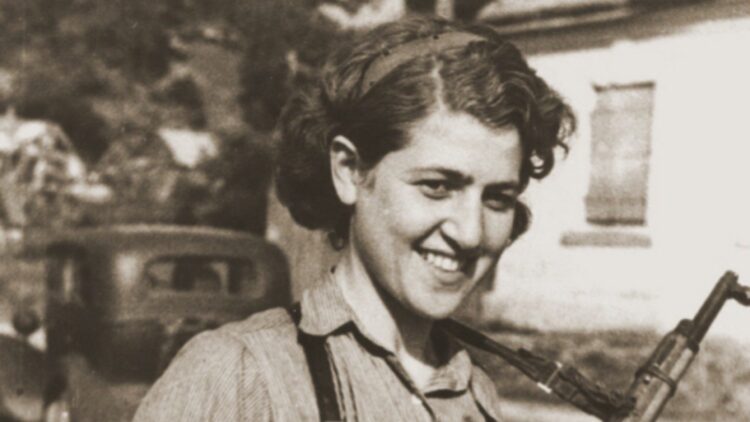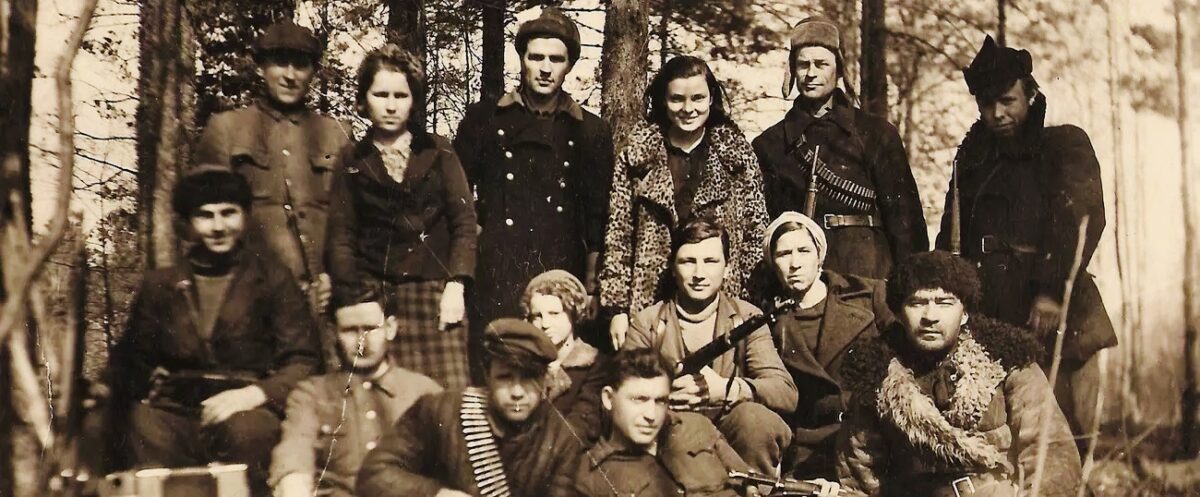By Julia Mintz’s estimation, more than 25,000 Jewish partisans fought German troops in the forests of Eastern Europe during World War II. Usually attached to networks of Russian and Polish partisan groups, they came from all walks of life from Poland and Lithuania.
Her stirring documentary, Four Winters: A Story of Jewish Partisan Resistance and Bravery in WWII, will be presented at this year’s Toronto Jewish Film Festival, which runs from June 9-26 on an in-person and online basis.
Mintz’s film, composed of file footage and interviews with former partisans, takes viewers back to the Holocaust. During this incredibly bleak period, when violent antisemitism was the norm, Jews could either remain in their homes, accept the horrific status quo and hope for the best, or could try to escape into the woods and join partisan bands.
Not surprisingly, very few Jews chose to risk their lives as partisans in rough and unfamiliar surroundings. They paid a terrible price for their inaction. The Jews who fled into the forests thought they had nothing to lose by taking up arms against the Germans and their local collaborators.
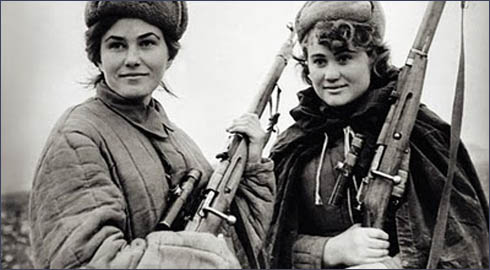
Gertraude Boyarski, a resident of the Polish town of Derechin, knew she had to leave home when a Christian neighbor brazenly asked her mother for Gertraude’s clothes. “You’re going to die anyway,” the neighbor said. Upon hearing this callous and cruel comment, Gertraude realized her life hung in the balance in Derechin.
Luba Abramowitz, from Slonim, Poland, joined the partisans after her parents, husband and child were murdered by the Germans. Being utterly alone after their deaths, she wanted to fight her oppressors. Having escaped from the ghetto through a tunnel, she fled into the wilderness.
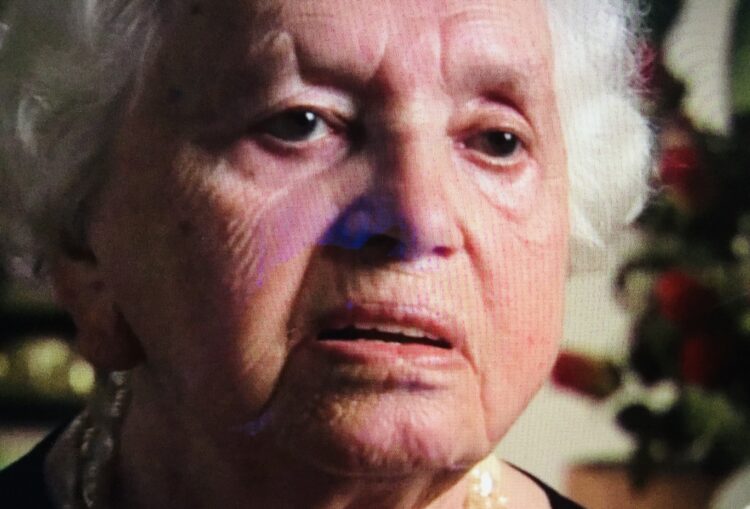
According to Mintz, Jewish escapees from ghettos found each other in forests and formed partisan units. They acquired their rudimentary weapons from farmers and, later, from German soldiers killed in pitched battles. They had to learn how to use firearms very quickly. “Our lives depended on it,” says a former partisan.
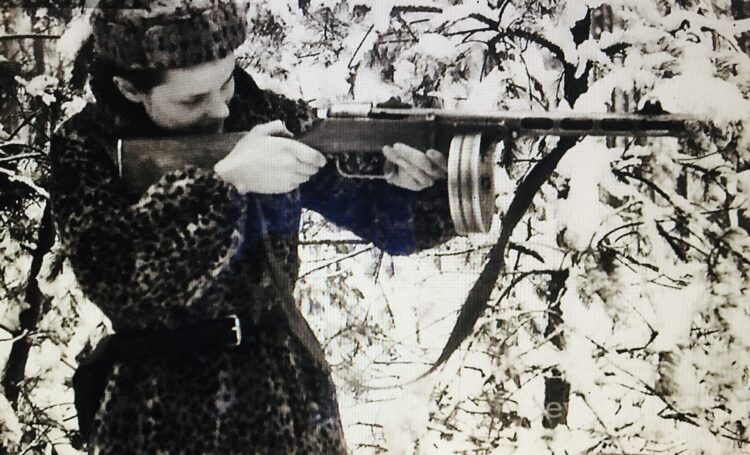
Like the majority of her fellow Jews, Luba was afraid of what lay ahead, but when she realized she had no alternative but to resist, she plucked up her courage.
Isadore Farbstein, who was born and raised in Parczew, Poland, concluded he would be better off with the partisans when he learned from a Polish policeman that Jews were being sent to the Treblinka extermination camp, which he had never heard of.
Michael Stoll, a Polish Jew from the town of Lida, jumped off a train en route to a Nazi concentration camp. “We knew the Germans would kill us,” he says. After a night of wandering through a forest, Stoll was fortunate enough to encounter a friendly farmer who gave him directions to a partisan unit on the other side of a nearby river. As a partisan, Stoll was animated by two goals: to kill German troops and collaborators.
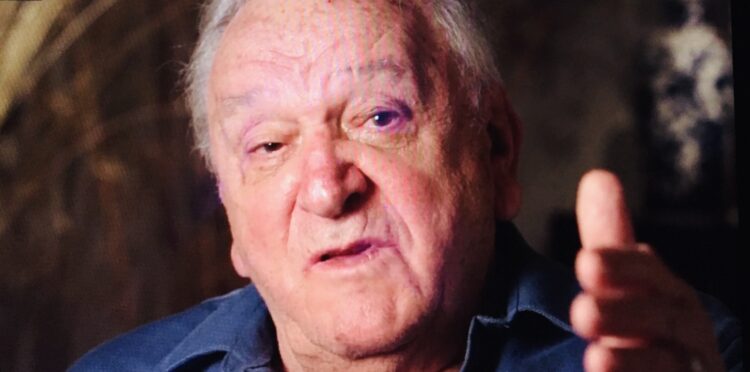
Apart from these overarching objectives, the partisans sabotaged railway tracks, toppling German trains, and blew up depots, electric power stations and bridges.
Often malnourished, as Gertraude recalls, the partisans were forced to steal food from farmers. Even devout Jews ate pork, knowing that the salted variety could last longer than beef.
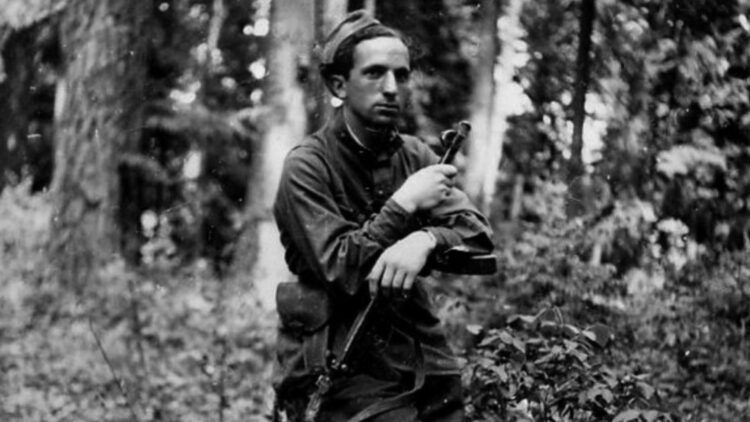
Soviet aircraft dropped supplies, but Mintz does not elaborate on what exactly the partisan received from these air drops.
During the warmer summer months, they slept on the forest floor. In winter, they lived in dugouts covered with bushes.
In 1943, the Germans launched an offensive against the partisans. “We lost a lot of people,” says Luba. Nonetheless, they continued their operations against the enemy.
Doctors in partisan units worked tirelessly to save lives and limbs, but shortages forced them to boil old bandages to be used again.
The Germans began retreating from Poland and Lithuania in the late summer of 1944, leaving behind batches of military equipment that the partisans scooped up and put to good use.
Stoll’s ordeal finally ended when a Soviet tankist told him he was free and liberated. “The miracle is that we made it out of the woods and survived,” he says, speaking for himself and the other partisans who spent four winters in the depth of Poland’s and Lithuania’s forests.
